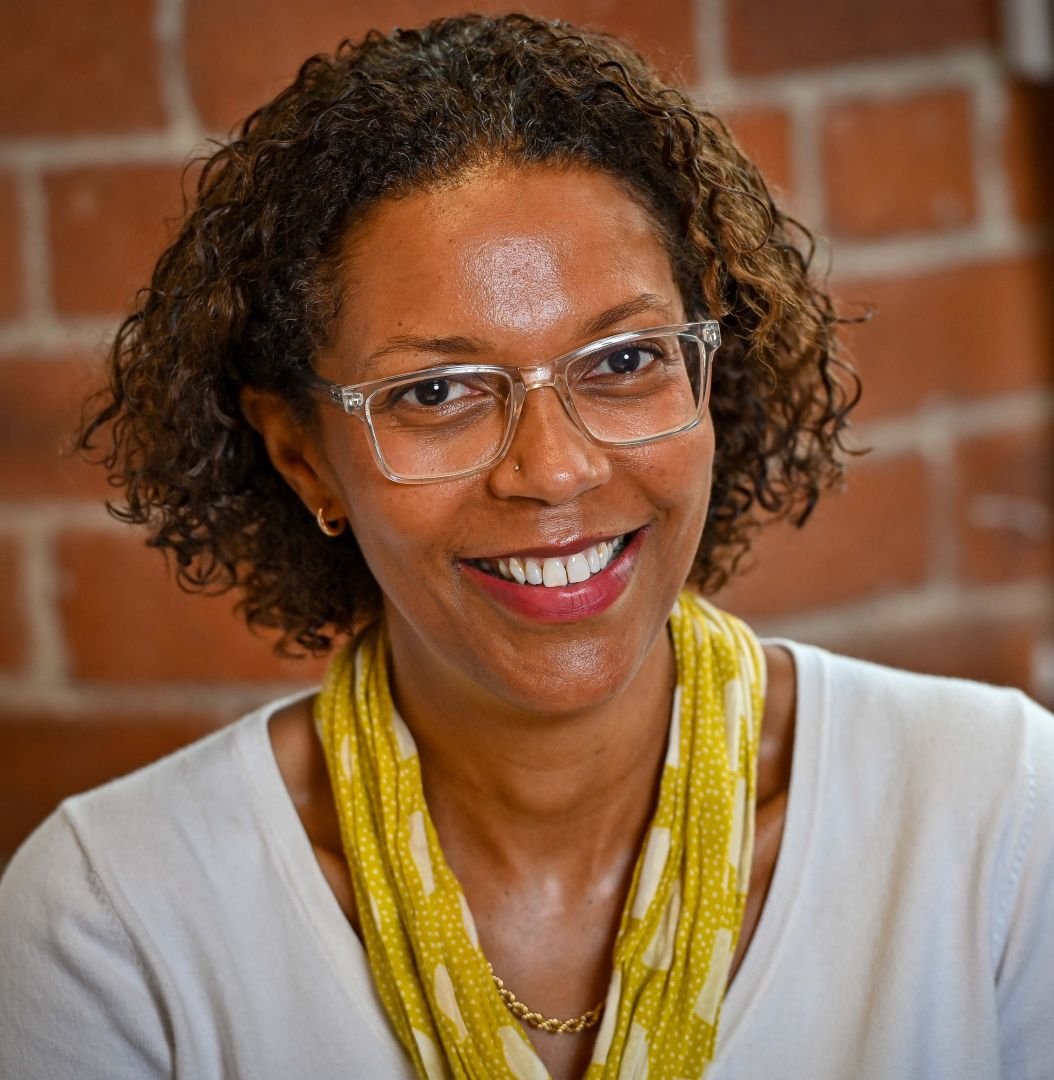 Hello, my name is Therese Patten
Hello, my name is Therese Patten
It was a year ago this week that I was making my final plans to leave the Merseyside system, where I had worked for 20 years, and to drive east across the M62 to Yorkshire. I was excited and proud to be joining Bradford District Care NHS Foundation Trust and I knew that the system that I was stepping into was leading the way in developing real integrated, partnership working. Despite this excitement I was deeply anxious about how I could confidently step up into a role that very few black leaders have had the privilege of doing in the NHS.
Being our whole self
It was clear very soon after my appointment that staff and colleagues well beyond my own Trust had high expectations of me, and I felt a heavy responsibility not to let them down. I joined the Trust as the Black Lives Matter movement was building and this was too significant and impactful for me, not to consider deeply the responsibilities I bore as a black leader. My challenge was to take on this leadership role in a way that was true and authentic to me, so that it was meaningful.
I spent my first few months in the Trust talking to staff and colleagues about their experiences of inclusion and was saddened by the stories they told of casual racism and micro-aggressions. We all reacted with shock to the racist abuse directed at the young black England players during the Euros. What was so interesting to me was the nature of support the players received – they are great lads, they give to charity, they support hungry children. For me that felt an irrelevance - you shouldn’t have to be a good person to be treated with respect; surely even the mean-spirited, rude, and impatient amongst us shouldn’t be maligned for the colour of our skin.
Our NHS
As the UK’s biggest employer with a workforce that is primarily drawn from our communities, we must ensure that our workplaces are inclusive and that we value the diversity this brings. We know evidence shows that where workplaces are representative of our communities, patient care and overall patient experience is more personalised and of a higher quality. We know that where our workplaces embrace diversity and different perspectives, we have positive engaged staff and improved patient experience – so why aren’t we doing better?
The NHS People Plan is explicit about looking after our people, ensuring they belong, embracing the full range of skills and experience that they offer and creating a place where people want to work. We are advised to understand, encourage, and celebrate diversity in all its forms, and to eradicate discrimination, violence and bullying in all our workplaces.
The challenge for all of us then as leaders is to truly role model this culture, to take steps forward (even if that be alone) and to take personal accountability for change.
Leading for inclusion
As leaders we have a responsibility to make inclusion real, so it is felt by all our staff in whatever role they have in our organisations. I am very clear about the responsibility and privilege I hold as a black CEO and my duty to employ this to best effect.
Since joining Bradford, I have worked hard to really understand what this means for me and how I can occupy this space in a way that is true and genuine to me. I now feel grounded and from this can build up and out, enabling me to be open and empathetic to all, and therefore be the most inclusive leader I can be.
After six months in role, I felt it important that I make a statement to the organisation about my intention to lead for inclusion. I wrote a CEO pledge that is ambitious and importantly, is a way that I can be held to account for delivery. It says:
In our Trust we will firstly, treat everyone as a unique individual, valuing the difference they bring; secondly, ensure everyone has the skills, experience and knowledge to progress and match this with real opportunity; and finally, ensure that we measure our success, so we know we’re on track.
We are now developing a Belonging and Inclusion Plan; this work started with a Trust-wide conversation with staff. We asked:
- What does it mean to work in our Trust and how do we create a culture of belonging and inclusion?
- What would that feel like for staff and what are the barriers?
- Most importantly, what can we all do together to make it happen?
Feedback is showing us that we have a good foundation but there is still much to do to ensure that staff feel valued and have equal opportunity to progress.
West Yorkshire and Harrogate Health and Care Partnership
Our Partnership has made significant strides in driving change in race equality which includes commissioning an independent review looking at the impact of health inequalities on communities and colleagues, the establishment of a Health Inequalities Academy and, just this week, the launch of the brilliant ‘Root Out Racism’ anti-racism movement.
We have seen the pandemic accelerate and strengthen our work across organisations, places, and systems. We have a shared ambition to tackle structural and institutional racism and together, now is the time to make this happen.

